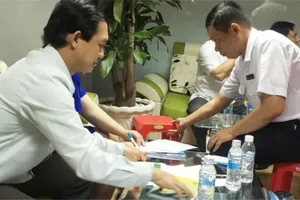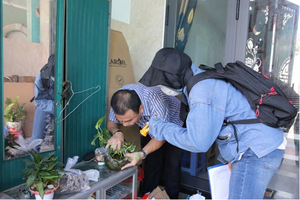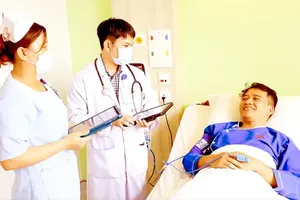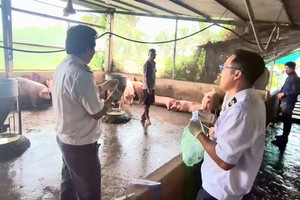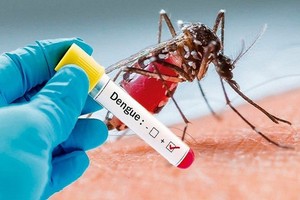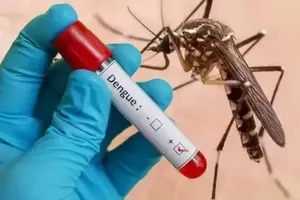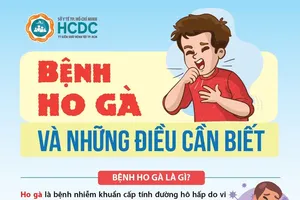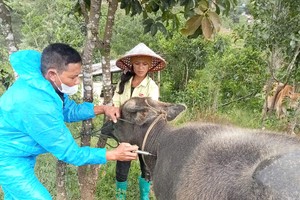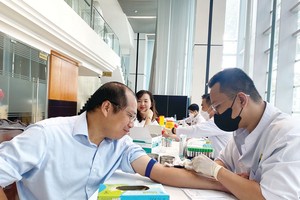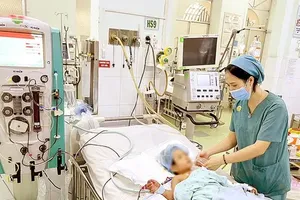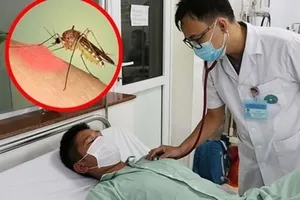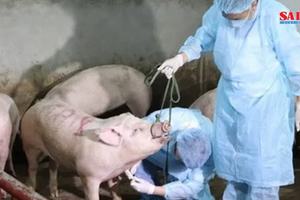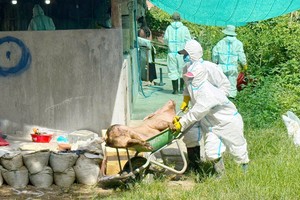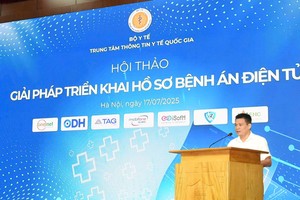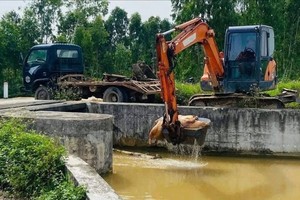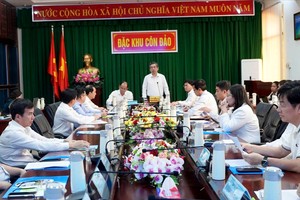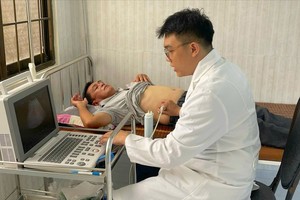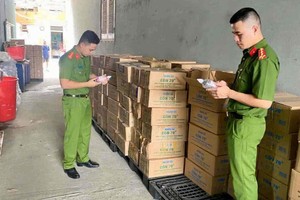The herbicide Agent Orange (AO) spread by the US 50 years ago still leaves Vietnam struggling with some of the biggest miseries in human history, head of Vietnam AO association told the Saigon Giai Phong in an interview.
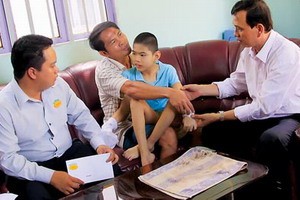
Nguyen Van Rinh, senior lieutenant general and chairman of Vietnam Association of Victims of Agent Orange (VAVA), was making comments prior to the 50th annual commemoration of the AO disaster in Vietnam.
Statistics showed that more than 4.8 million Vietnamese were exposed to the chemical and three million were its direct victims. Yet the chemical did not affect one but many generations from a family, Rinh said.
Many families have seen their children born deformed, having mental disability or cancers because their parents or grandparents have been exposed to the chemical during the war.
The general said it’s even sadder when most of the victimized families are poor, with 70 percent of the families ranked as poor and 90 percent of the victims not having a trained job.
That’s not to mention hundreds of thousands of veterans killed or severely sickened by the chemical, he said.
Rinh said the government has tried to support the AO victims, citing statistics that more than 200,000 affected veterans and their children receive preferential treatments from governmental policies, a number of affected families benefit from free health insurance and health examinations, and thousands of affected children have received special health care and educational training.
Yet he said the number of people benefiting from this and that policy is “too small” compared to the real number of victims.
He also remarked that the US government since 2007 has started to help Vietnam fix dioxin damage.
Several projects to clear contaminated spots have been donated by funds and organizations in the US. The US Congress from 2007 to 2009 approved a donation of US$3 million every year to fix AO damage in Vietnam, and $15 million in 2010 for the same purpose.
In 2011, the US government has announced a fund of $34 million to clear AO contamination at Da Nang Airport.
The general called those donations “positive developments” by the US in understanding the consequences of their chemical in Vietnam.
But the donations were still small compared to what the chemical has done and they were all about the environment, he said.
The US government last year spent more than $13 billion on health care and compensation for US veterans exposed to AO, and it has yet to make similar actions to Vietnamese victims.
Referring to various campaigns for the justice of AO victims from 2004 to 2009, including a lawsuit by Vietnamese victims against 37 US producers of the chemical, the general said Vietnam has gained “significant victory on social and humanistic fields.”
Although the lawsuit, endorsed by VAVA, was turned down by US courts, it managed to show the international community how the US had tried to conceal their plan of a chemical war with the allegation of using the herbicide for land reclamation, Rinh said.
The lawsuit also made people in Vietnam understand better about the AO disaster in their own country, thus initiating an international campaign against chemical wars and forcing the US to pay compensation to Vietnamese people, he said.
As 2011 marks 50 years of the dioxin disaster in Vietnam, Rinh said it would be an opportunity for VAVA to call for more support from people around the country and around the world for fight for AO victims.
He said the association would continue to file lawsuits against several US chemical firms, “asking them to pay for what they have done to Vietnamese people.”
The US courts have approved the legal capacity of the Vietnamese plaintiff, or the AO victims, which is a legal condition for “Vietnam to fight for justice to the very end,” Rinh said.
Related stories:
Help called for Vietnamese victims of Agent Orange
Makers of deadly Agent Orange keep claiming innocent
Vietnamese joined by foreign voice, hands for Agent Orange legacy

